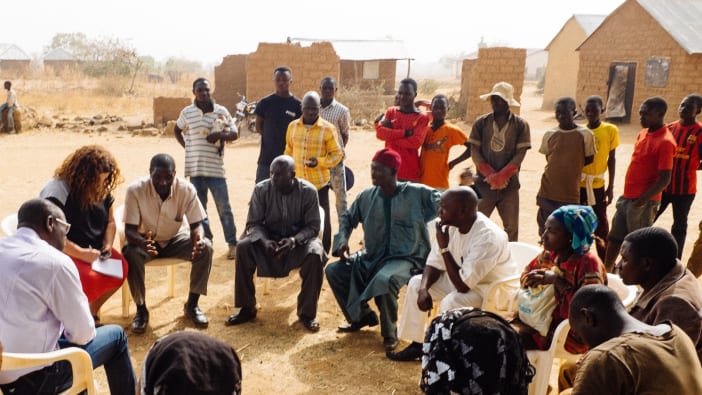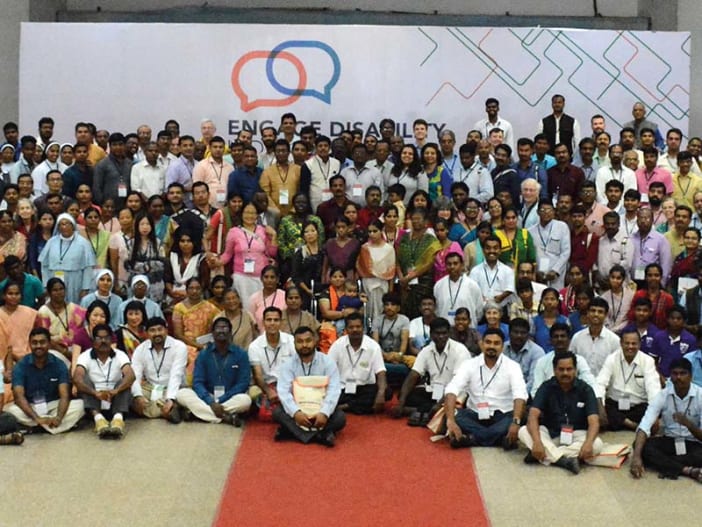by Craig Greenfield.
For the poorest people in Cambodia, life is full of uncertainty. They typically have several possible sources of income. On a good day they will make enough to feed the family. Other days they go hungry or may be forced to take out expensive loans to pay for emergencies, particularly medical problems.
The high interest charged by local lenders on loans means that this debt grows rapidly and quickly spirals out of control. Often, families can lose their homes or land, over what started as a loan for a couple of hundred dollars. The most vulnerable families are those who have lost members to AIDS. Households consisting of teenagers, or grandmothers looking after orphaned children, are very susceptible to ‘loan sharks’ (people who lend money and charge very high rates of interest) and others who will exploit them for selfish gain.
In the year 2000, Project HALO (Hope, Assistance and Love for Orphans) was launched in Cambodia by the organisation Servants to Asia’s Urban Poor. Project HALO takes a holistic approach to development, bringing hope (spiritual), assistance (practical support) and love (emotional support for children facing grief and loss) to orphans who have lost their parents through AIDS.
We work with child-headed households and extended families caring for orphans. Advice on budgeting is given to both adults and children. We teach people how to save a tiny amount each day for emergencies. They are each provided with their own ‘savings bank’ – a small metal box, complete with padlock and key, to be kept at their homes. We help them monitor their level of savings each month and provide encouragement and advice. Sometimes small business loans are made, to help families begin earning an income. Low rates of interest are charged.
Each family is helped to plan how to become financially secure in the future. The poor families we work with cannot afford to take any unnecessary risks. They are reluctant to use money for anything except meeting their daily needs. Here are a few of the things we have learned…
Use existing cultural practices
In Cambodia, as in many other Asian countries, people buy jewellery with their savings because it is easier to look after than cash. Once the families we work with save enough money, they often buy a gold ring. They can wear this and sell it quickly if money is needed. We encourage this practice.
Another common cultural practice in Cambodia is tong teng – small savings and credit groups. These bring people together in groups to save and lend to each other. The groups depend on trust.
Start young
In Cambodia, even very young children are given small amounts of money to spend. We realised that the boxes could help them to save, too. In one household of orphans, the older children were given a savings box and began to save money. Later we found that the two younger children had gone out, bought a little box and had begun saving too! We now have children as young as six years old who take part in saving.
Set realistic goals
Each family is encouraged to save just a tiny amount each day, rather than setting a monthly target which would be too difficult. Since poor people usually earn a little cash each day rather than a monthly wage or salary, the daily savings target is much more realistic.
After explaining how little they need to save each day, we then encourage people by showing them how much they could potentially save in a month or six months. We also encourage them to save for a specific goal (such as a bicycle). This motivates people to make the daily sacrifice in order to achieve their goal.
Project HALO now helps communities to care for over 500 children whose parents are dying or have died of AIDS. Our vision is to see communities, supported by the church, caring for all the different needs of their own orphans.
Craig Greenfield is Country Director for Servants to Asia’s Urban Poor, Cambodia. Web site: www.servantsasia.org He is also co-founder and advisor to Project HALO. E-mail: [email protected]








